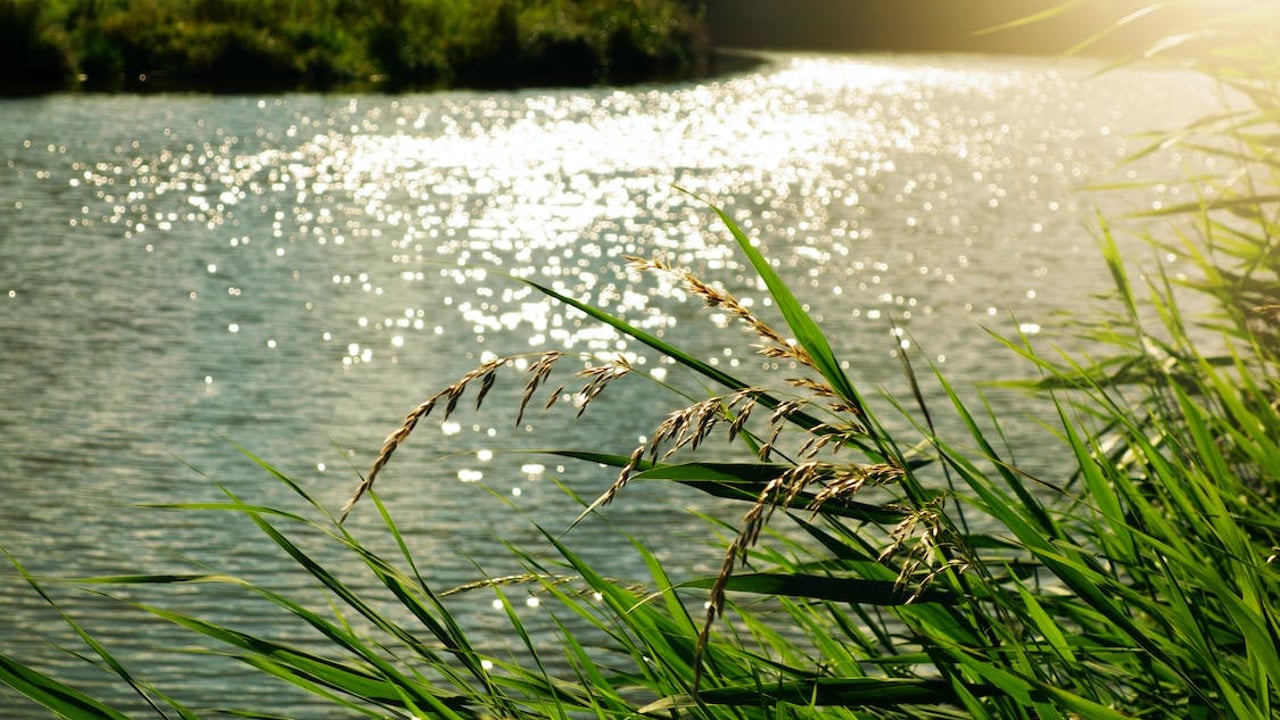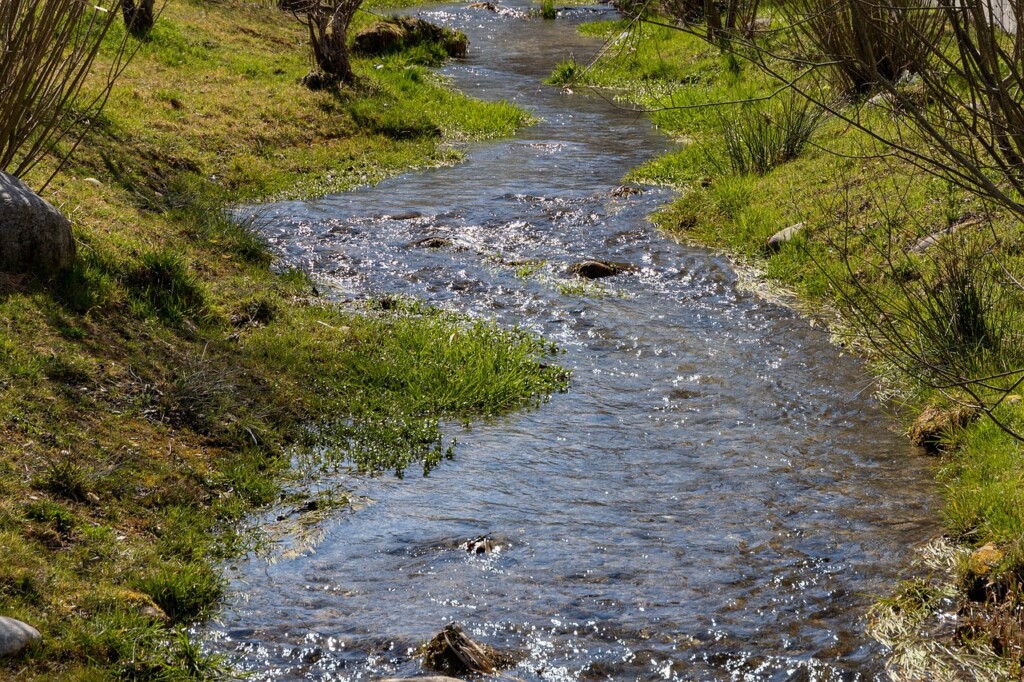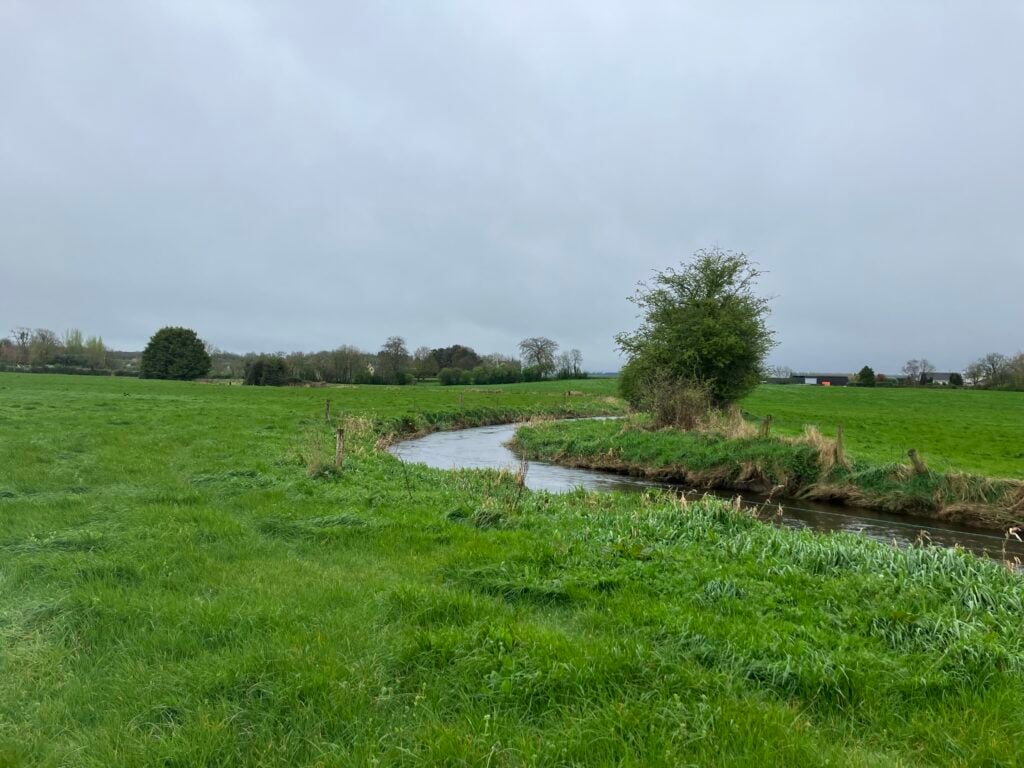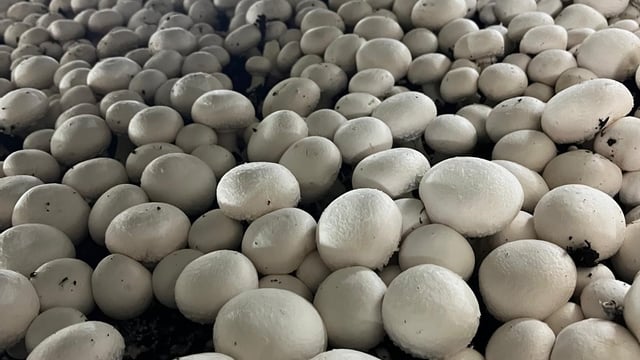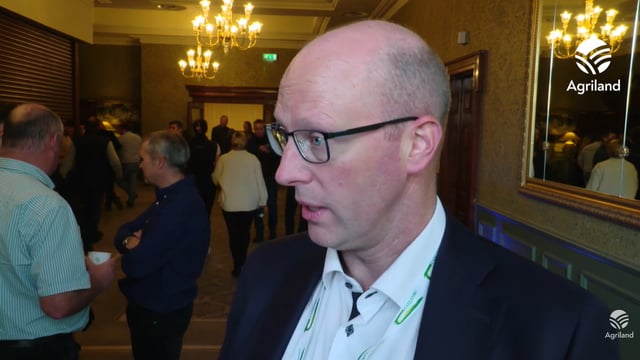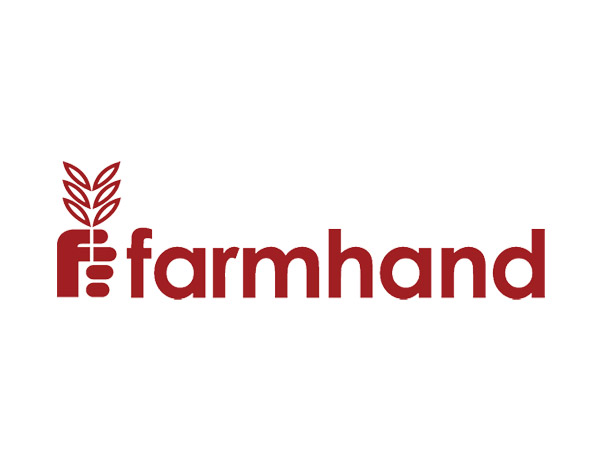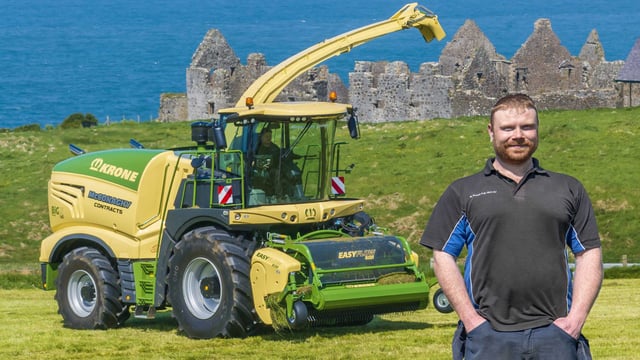Mandatory KT programme participation for derogation farmers in draft NAP
The expansion of the Agricultural Sustainability Support and Advisory Programme (ASSAP) is a non-regulatory measure being considered as part of Ireland's draft sixth Nitrates Action Programme (NAP), as well as mandatory participation in a Knowledge Transfer (KT) programme for derogation farmers.
The draft NAP 2026-2029 document was published yesterday (Tuesday, October 28) by the government and feedback from the public is now being sought.
According to the Department of Housing, Local Government and Heritage (DHLGH), "it is recognised that further action is needed to protect and improve water quality".
It has also detailed that the NAP contains specific measures to "protect against nutrient pollution arising from agricultural sources".
According to the Department of Housing, a "suite of measures" in the draft sixth NPA have been developed following recommendations from the Nitrates Expert Group and in consultation with stakeholders including the Department of Agriculture, Food and the Marine's (DAFM) Agriculture Water Quality Working Group.
Expansion of ASSAP
One of the non-regulatory measures being considered is the expansion of the ASSAP - a free, confidential support and advisory service provided to farmers to improve water quality.
The service was introduced in late 2018, and is co-funded by the dairy co-ops, DHLGH and DAFM.
The draft document states: "This cross-collaborative approach between the agriculture sector and the government departments illustrates the importance and buy-in from all stakeholders.
"Moreover, the commitment from the agriculture sector to the programme has been underlined by the dairy co-ops providing support for additional ASSAP advisers in recent years, with the number of ASSAP advisers they support more than trebling since the programme commenced.
"Furthermore, a number of meat processers have also recently started to engage ASSAP advisers."
The draft sixth NAP proposes to continue and expand the programme with additional government-funded resources based on a business case that has been received from Teagasc.
The aim is to enable targeted on-farm advice, knowledge transfer and better informed decisions by farmers with respect to the protection of waters on their own farms and within their own water bodies.
Other non-regulatory measures
Also proposed on the draft NAP is the continuation of Farming for Water European Innovation Partnership (EIP) tothe end of 2029.
The Farming for Water EIP is a €60 million project with the purpose of supporting the delivery of the objectives of the third cycle River Basin Management Plan for Ireland, (Water Action Plan 2024).
To date over 4,500 farmers have applied to participate in this project, which supports the implementation of targeted water quality measures above regulatory requirements through the provision of agricultural and scientific advice, along with financial incentives.
The government has stated that the intention is to engage up to 15,000 farmers. This EIP is currently funded to the end of 2027.
The provision of funding for this EIP will be extended for the lifetime of the sixth NAP, in order to continue the support for the implementation of these targeted additional measures, according to the draft document.
The aim is to incentivise farmers to adopt targeted measures specific to their own farm situation that go beyond minimum regulatory requirements.
Knowledge Transfer
Another non-regulatory measure proposed is knowledge transfer and awareness raising for both farmers and farm advisors.
The Teagasc Better Farming for Water campaign was introduced in the fifth NAP, to raise awareness of water quality issues among the farming community.
It is proposed that this high profile national campaign will be continued throughout the sixth NAP.
It is also proposed that a water quality Knowledge Transfer (KT) programme will be established under the sixth NAP to build on the Better Farming for Water campaign, which will target farmers, farm advisors and the wider farm advisory service.
Participation in this training will be mandatory for derogation farmers and encouraged for non-derogation farmers.
This programme will involve the roll-out of mandatory training for all accredited Farm Advisory Service (FAS) Advisors in the first three months of 2026.
This will be further complemented by optional training later in 2026 for those FAS advisers who wish to receive such further training.
This optional further training will be mandatory for advisers who wish to provide training to derogation farmers under the sixth NAP.
With the objective of having a consistency of messaging and improved overall awareness around actions to reduce agriculture’s impact on water quality, DAFM will also work with the agri-food industry to provide training regarding water quality for professional advisors who service the farming industry but that are non-FAS accredited.
DAFM will also work with institutions providing third-level courses in agriculture and/or agricultural science with a view to ensuring the next generation of farmers and their advisers are fully aware of best practice to minimise potential risks to water arising from agricultural activity.
Working with LAWPRO and Teagasc, DAFM will also rollout a 'know your local water quality' initiative to all farmers.
This will provide simple messages about water quality in each farmer’s own local area along with targeted simple steps they can take on their own holding to minimise the risks to water quality.
Soil research
DAFM will commission a review on Mehlich soil analysis, and develop an associated soil index system to better quantify and understand plant available nutrients.
This multi-year research project will be advertised immediately on commencement of the sixth NAP. This measure was included in the fifth NAP and DAFM issued a research call, but no research organisation was in a position to respond due to resource constraints in at least some cases.
It is understood that these resource constraints are no longer an issue.
The aim of the measure is to see reduced nutrient losses through more appropriate nutrient application rates that better align with crop needs based on the true level of nutrients available within the soil.
Research on cover crop establishment
Cover crops have a strong role in mitigating nitrogen loss, sediment and run-off from arable land.
However, there is a requirement to examine alternative ways to establish these crops to maximise the contribution they can make through timelier and more cost-effective establishment, according to the government.
The sixth NAP is expected to build on research ongoing in this area with the aim of mitigating nitrogen loss, sediment and run-off from arable land through optimum use of cover crops.
Agricultural Catchments Programme
The Teagasc Agricultural Catchments Programme (ACP) is currently funded to the end of 2027, however this will be extended and strengthened to run at least until the end of 2029, in line with the timelines of the sixth NAP.
The programme will examine the impact of agriculture, and in particular the derogation, on water quality.
Teagasc will also develop a long-term strategy for the management of the ACP.

